The Tenth Court of Appeals visited the Hazel Kerpner Courtroom located within the Beto Criminal Justice Center of Sam Houston State University to hear oral arguments on four cases yesterday.
Sponsored by SHSU’s Center for Law, Engagement and Politics under the direction of political science professor Mike Yawn, the court has been utilizing the SHSU asset for the last five years.
Although their home court is located in Waco, the court travels annually to Blinn College in the fall and to SHSU in the spring to educate the public, according to Chief Justice Tom Gray.
“Until I started practicing law, I never saw an appellate court in operation or a trial court for that matter,” Gray said. “People do not understand what we do, yet they elect us to do what we do. To the extent that we can expose students, faculty, members of the general public to what we do, it educates them in what they are being asked to vote on and I think that is hugely important.”
In addition to Gray, the appeals court is also comprised of Justices Rex D. Davis and Al Scoggins. Gray said that he particularly enjoys travelling to SHSU because, having graduated in 1978 with a bachelor’s degree in business administration, it is also his alma mater.
“The first year that I came back here, the extent of the changes here were just phenomenal,” Gray said. “The physical plant has changed substantially. The appearance of the campus has really been upgraded since I was here. The students, for the most part, don’t seem to have changed, I mean it’s just a continuous cycle—even back then we had a very diverse campus and I see that still present here today and I’m glad of that. The attitude of the students here it’s different than Blinn and it’s different than A&M.”
According to Gray, when he was a student at SHSU a group of dorms resided where the current Lowman Student Center Mall is, streets allowed students and faculty to easily drive through campus and the iconic horseshoe-shaped Beto Criminal Justice Center was still under construction.
According to Gray, roughly 10,000 appeals are filed every year in Texas, 400 of which are processed in the Tenth Court of Appeals. In more than 95 percent of those 400 cases, Gray’s court is the last court to hear a particular case, while less than one percent of all appeals filed in the state make it to the Texas Supreme Court or the Court of Criminal Appeals.
“We see a fair share of cases that end with us,” Gray said. “I can tell you that the cases that we decide to have argument in are more likely to go on to the next level. We argue them because they are either cutting edge cases, unusual fact patterns, things that can impact the state as a whole. Because we’re bound by precedence these get more attention.”
Senior history major Phillip Holler attended all four of yesterday’s court cases which began with two morning cases, one regarding the legality of a game-warden search and the possession of marijuana in violation of the Fourth Amendment and the other, regarding wrongful death as a result of an altercation with bouncers at a topless club. The afternoon session included a case addressing an alleged rule violation of the student code of conduct by Texas A&M University involving sexual misconduct and the last case which involved trade secret violations in the timber industry
“I think it’s important because like the chief justice said, it’s good to see kind of see where our tax money is going and that kind of thing but it also humanized this idea of the courts and judges,” Holler said. “We hear about it and we see it on TV but to actually see it in practice and to see is happen, it kind of opens your eyes to the whole system.”








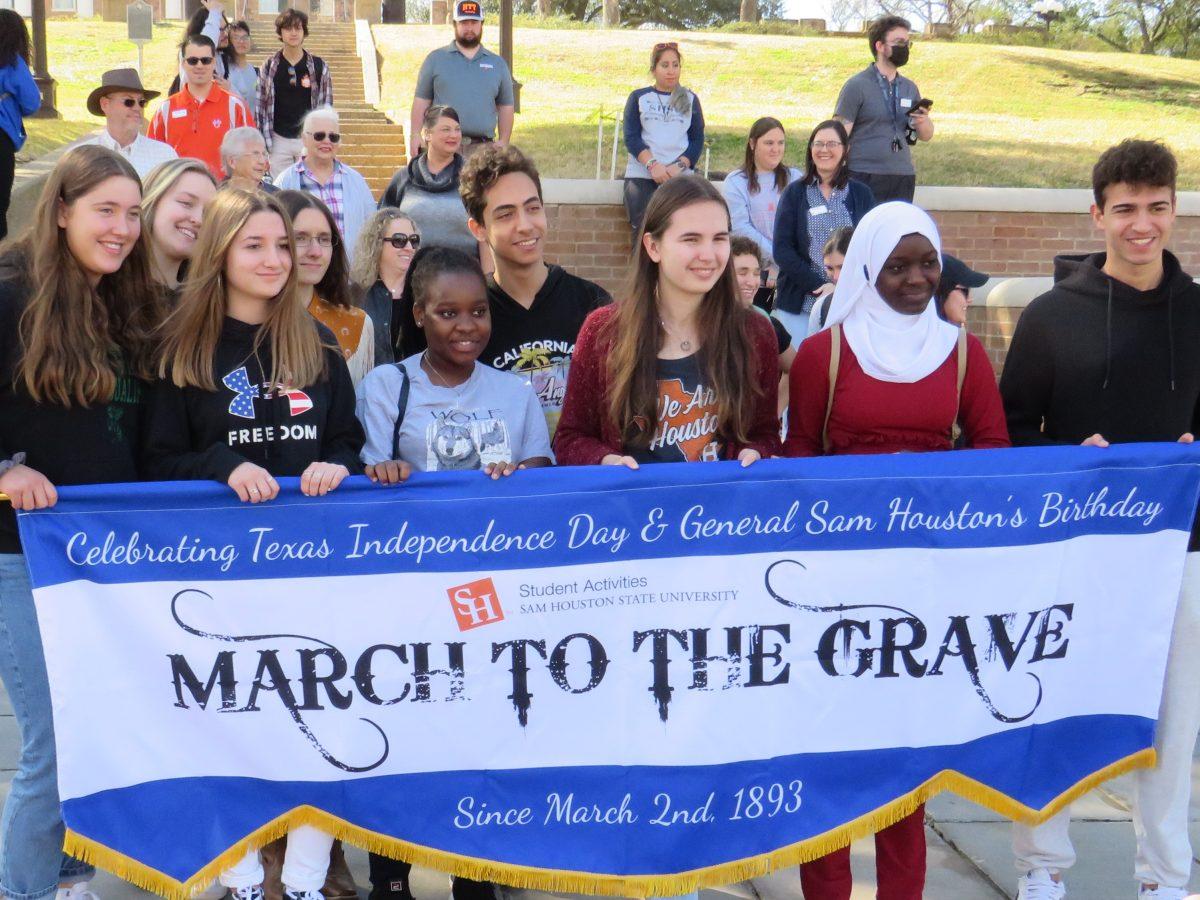
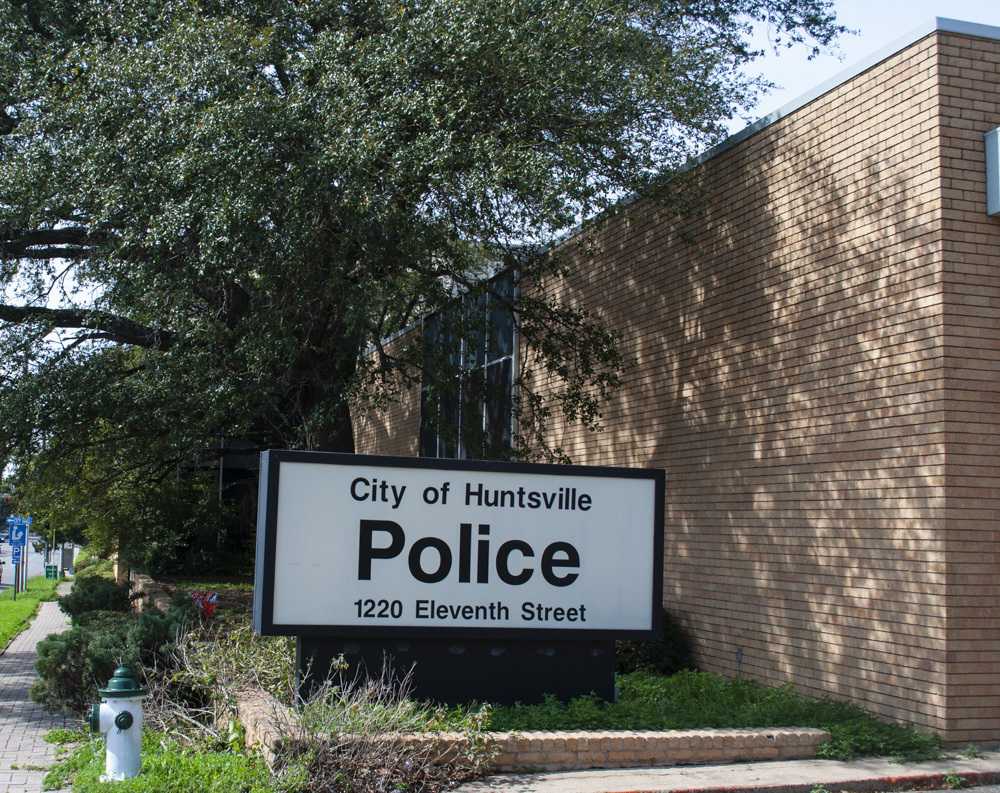
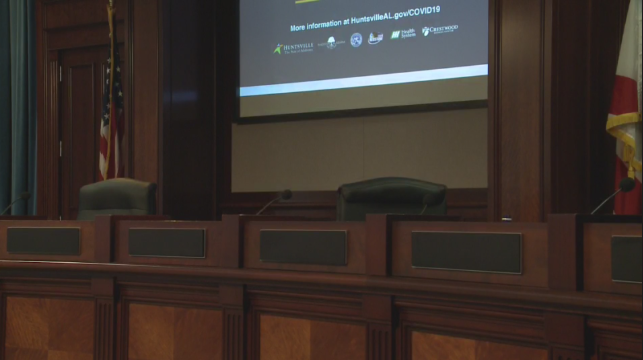
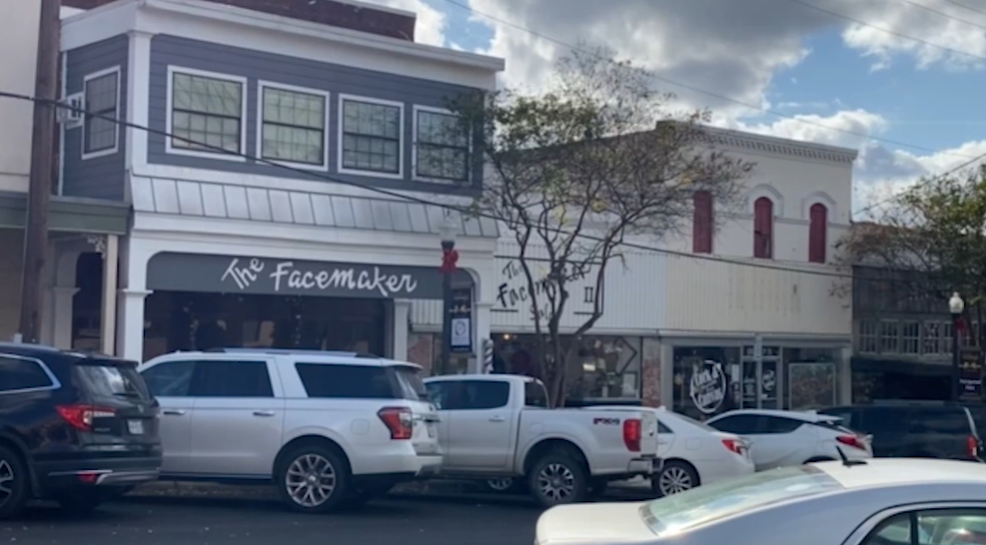


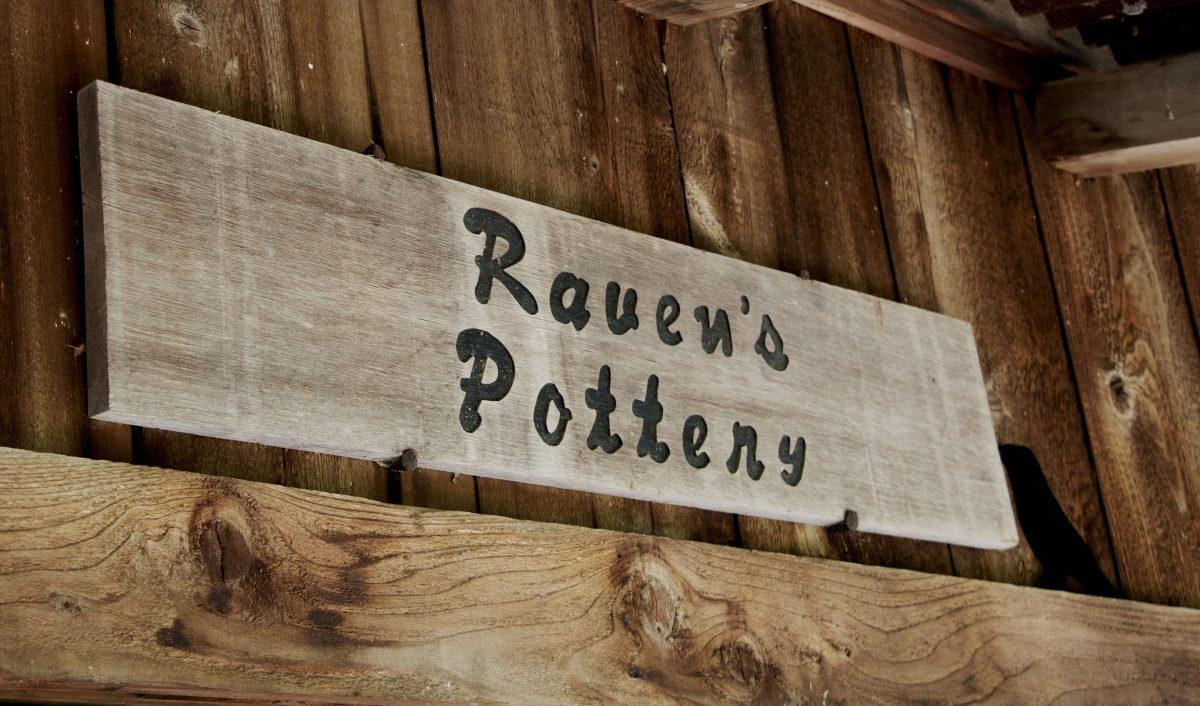

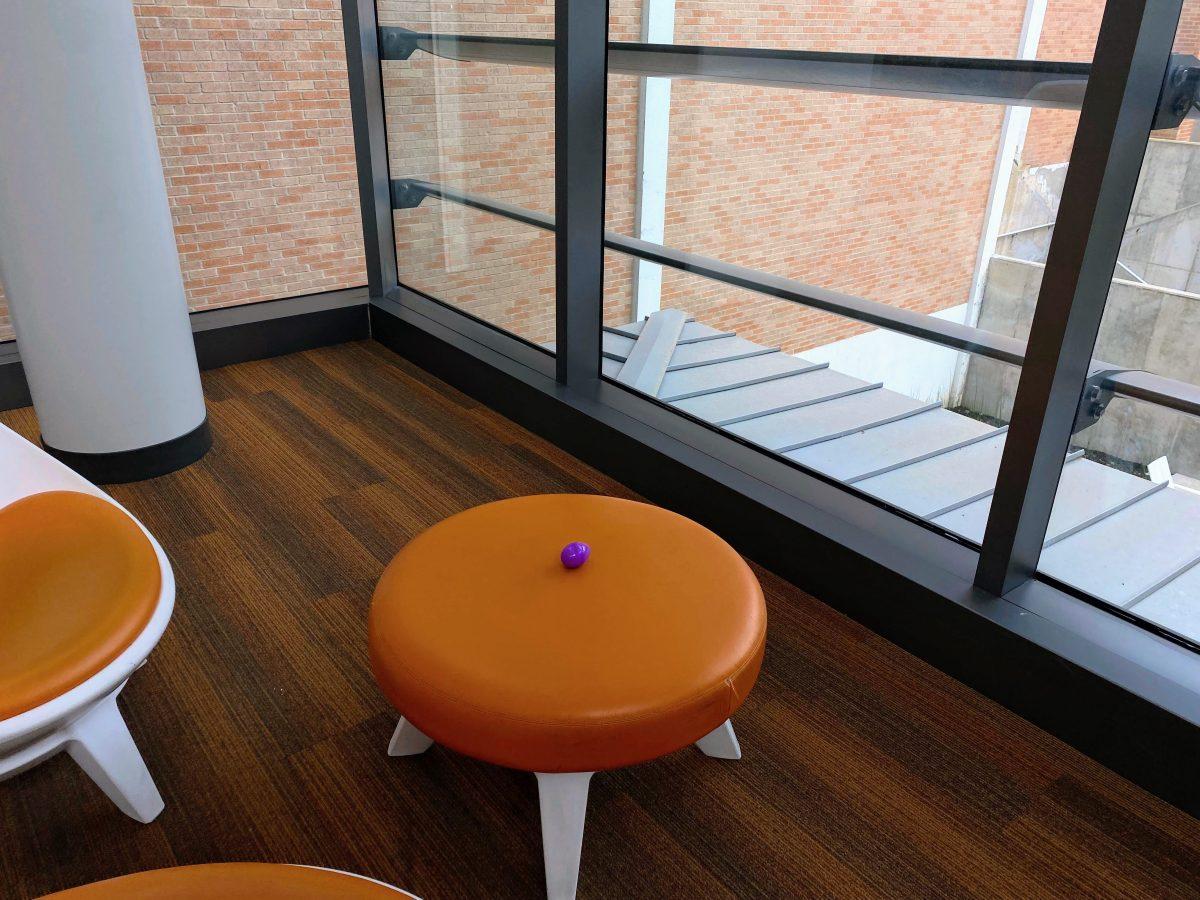


WOLFGANG DEMINO • Apr 4, 2015 at 10:45 am
It is great that the Waco-based court of appeals travels to hold oral argument off-site and thus affords more people an opportunity to see it in operation, and it can certainly enhance what is offered and learned in a political science or judicial process class.
But oral arguments are rare and only afford a limited number of people an opportunity to attend. It would be even greater if the Tenth Court of Appeals made all appellate briefs filed in its cases available online as other courts of appeals do. This would provide a much more meaningful opportunity for a much larger public to learn what legal arguments and fact patterns are presented to the court in the cases it hears, and how they are decided. Currently, this court only makes its orders and opinions available on its website, but those are available from other sources also, including Google Scholar.
–WOLFGANG DEMINO
WOLFGANG DEMINO • Apr 4, 2015 at 10:45 am
It is great that the Waco-based court of appeals travels to hold oral argument off-site and thus affords more people an opportunity to see it in operation, and it can certainly enhance what is offered and learned in a political science or judicial process class.
But oral arguments are rare and only afford a limited number of people an opportunity to attend. It would be even greater if the Tenth Court of Appeals made all appellate briefs filed in its cases available online as other courts of appeals do. This would provide a much more meaningful opportunity for a much larger public to learn what legal arguments and fact patterns are presented to the court in the cases it hears, and how they are decided. Currently, this court only makes its orders and opinions available on its website, but those are available from other sources also, including Google Scholar.
–WOLFGANG DEMINO
WOLFGANG DEMINO • Apr 4, 2015 at 10:45 am
It is great that the Waco-based court of appeals travels to hold oral argument off-site and thus affords more people an opportunity to see it in operation, and it can certainly enhance what is offered and learned in a political science or judicial process class.
But oral arguments are rare and only afford a limited number of people an opportunity to attend. It would be even greater if the Tenth Court of Appeals made all appellate briefs filed in its cases available online as other courts of appeals do. This would provide a much more meaningful opportunity for a much larger public to learn what legal arguments and fact patterns are presented to the court in the cases it hears, and how they are decided. Currently, this court only makes its orders and opinions available on its website, but those are available from other sources also, including Google Scholar.
–WOLFGANG DEMINO
WOLFGANG DEMINO • Apr 4, 2015 at 10:45 am
It is great that the Waco-based court of appeals travels to hold oral argument off-site and thus affords more people an opportunity to see it in operation, and it can certainly enhance what is offered and learned in a political science or judicial process class.
But oral arguments are rare and only afford a limited number of people an opportunity to attend. It would be even greater if the Tenth Court of Appeals made all appellate briefs filed in its cases available online as other courts of appeals do. This would provide a much more meaningful opportunity for a much larger public to learn what legal arguments and fact patterns are presented to the court in the cases it hears, and how they are decided. Currently, this court only makes its orders and opinions available on its website, but those are available from other sources also, including Google Scholar.
–WOLFGANG DEMINO